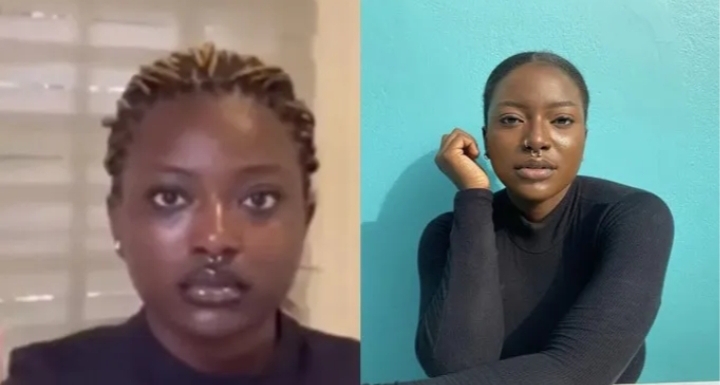Over the past few days, issues of domestic violence have dominated the discourse on traditional and social media platforms in Nigeria.
The death of Osinachi Nwachukwu, a gospel artist who was an alleged victim of domestic abuse, ignited the conversation.
The gospel singer was said to have been a silent victim of physical assault by her husband, Peter Nwachukwu, who is currently in police custody.
Her death elicited national outrage as many Nigerians called on the authorities to ensure that justice is served.
Unlike hers, most cases of domestic violence are often kept away from the public domain as those involved opt to settle their dispute privately.
Following Osinachi’s death, many domestic violence victims took to social media platforms to open up about their ordeals.
Amid the outrage, many Nigerians have queried whether there is a legal framework in the country that addresses domestic violence among spouses.
VAPP ACT AND THE PROVISION AGAINST DOMESTIC VIOLENCE
On May 25, 2015, former President Goodluck Jonathan signed the Violence against Persons (Prohibition) Act 2015 into law. The VAPP act seeks to eliminate violence in private and public life and provide punishment for offenders.
The law stipulates provisions to prevent all forms of violence against women and girls, including rape, female circumcision, forceful ejection from home, harmful widowhood practices, spousal battery and incest.
Six years after it was signed into law, 21 states have domesticated the VAPP Act, while 15 states — most of which are in the north — are yet to pass the bill into law, according to data sourced from the VAPP tracker set up by Rule of Law and Empowerment Initiative.
Adamawa, Bayelsa, Kebbi, Kogi, Plateau and Rivers states have passed the legislation at their houses of assembly and are awaiting executive assent, while Gombe, Kano, Katsina, Niger, Sokoto, Taraba, Yobe, Zamfara and Cross River are yet to pass the law at the assembly level.
PENALTIES FOR DOMESTIC ABUSE
Section 19 (1) of the VAPP Act stipulates that it is a criminal offence for a spouse to physically assault his or her partner.
The act also stipulates a conviction term of three years or a fine of N300, 000 — or both — for persons who commit the act of violence against their spouses.
“A person who batters his or her spouse commits an offence and is liable on conviction to a term of imprisonment not exceeding 3 years or to a fine not exceeding N200,000.00 or both,” section 19 (1) reads.
Under the act, it is also a criminal offence to attempt the act of violence against one’s spouse.
Section 19(2) reads: “A person who attempts to commit the act of violence provided for in subsection (1) of this section commits an offence and is liable on conviction to a term of imprisonment not exceeding 1 year or to a fine not exceeding N100,000.00 or both.”
The act also criminalises incitement of spousal abuse, including a term of imprisonment as punishment.
Section 19(3) reads: “A person who incites, aids, abets, or counsels another person to commit the act of violence as provided for in subsection (1) section commits an offence and is liable on conviction to a term of imprisonment not exceeding 2 years or to a fine not exceeding N200,000 or both.”
Giving assistance to someone engaging in spousal battery is equally illegal under the act.
Section 19 (4) reads: ” A person who receives or assists another who, to his or her knowledge, committed the offence provided for in subsection (1) of this section is an accessory after the fact and is liable on conviction to a term of imprisonment not exceeding 1 year or to a fine not exceeding N200,000.00 or both.”
A MUST TO READ BELOW
For your Advert Placement, Publicity, Press Release, Personality Promotion, Special Report, Featured story, Conference, Interviews, And So On – CONTACT US on WhatsApp/Call📞@ 08072633727 📲
NOTE: We wish to add you to our WhatsApp Database to get our Trending, latest and timely news directly into your WhatsApp Box as the news breaks.




